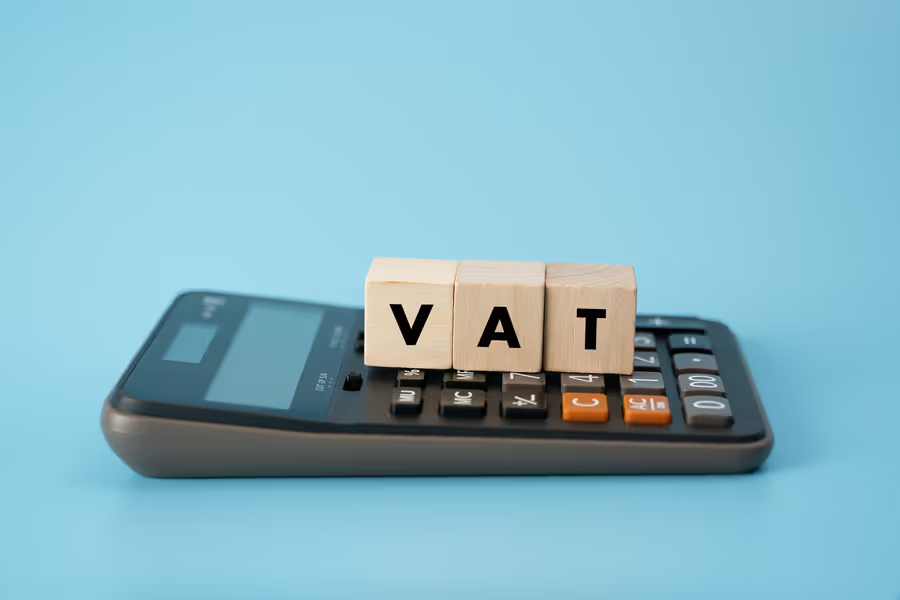Living Wage, Minimum Wage – what’s the difference?
Understanding the difference between the National Minimum Wage, the National Living Wage, and the Living Wage is imperative for any small business owner who has employees. The penalties for failing to pay employees correctly are substantial.
To help demystify the situation, we’ll take a look at these three main terms relating to wages and explain what they mean:
What is the National Minimum Wage?
The National Minimum Wage (NMW) in the UK is the minimum pay per hour most workers under the age of 20 (previously 23) are entitled to by law. It is dependent on your age and whether you’re an apprentice. It’s set annually by the Government, based on recommendations by an independent body known as the Low Pay Commission.
The NMW is applicable to every person over school leaving age, regardless of their position in the company. There are, however, a few exceptions where the NMW doesn’t apply, including:
- Self-employed people running their own business
- Company directors
- Volunteers or voluntary workers
- Family members of the employer living in the employer’s home.
The NMW rates are as follows:
1 The NMW for apprentices applies to all those aged under 19 employed on a Contract of Apprenticeship, and apprentices aged 19 or over in the first year of their Apprenticeship. It must be paid for all the time the apprentice spends working and all their time spent training. After this, the apprentice must be paid the normal NMW for their age.
What is the National Living Wage?
The National Living Wage (NLW) is the minimum pay per hour most workers aged 21 and over are entitled to by law. This was previously 23 and over between March 2024 and April 2021, and was 25+ before April 2021.
The NLW means anyone over the age of 21, and not in the first year of an apprenticeship, has to be paid £11.44 per hour or above. Confusingly, the NLW was simply a renaming of the NMW for over 21s, and not truly linked to the cost of living. It was renamed in 2016 by the Conservative political party.
Regardless of the terminology, the fact is that you need to pay anyone you employ, who’s over 21 years of age and not a first-year apprentice, at least £11.44 per hour from 1st April 2024.
{{cta-newsletter}}
What is the Living Wage?
Not to be confused with the NLW introduced under the Conservatives (see above), the Living Wage, sometimes referred to as the ‘Real’ Living Wage is an hourly rate based on the basic cost of living in the UK.
It’s calculated by the Living Wage Foundation, a campaigning organisation in the UK, and therefore has no legal grounding. The Living Wage for the UK is set at a recommended £12.00 per hour and for London at a recommended £13.15 per hour. As of September 2024, they report that just 15,000 companies in the UK are living wage employers.
The NLW is calculated by the Government based on a proportion of the median level of earnings, whereas the Living Wage is calculated independently of Government and is based on the amount people actually need to get by.
Since the NLW is based on a proportion of earnings, it’s not surprising that the NLW is lower than the Living Wage. But many see the Living Wage as a more realistic calculation of how much a worker needs to earn in order to meet the basic cost of living, such as rent, food, and utility bills.
According to the Living Wage Foundation, the main benefit of paying workers the Living Wage is that it can increase employee retention, decrease absenteeism, and enhance the quality of work produced.
Non-payment of the NMW, NLW, or Living Wage
It is against the law for employers to pay workers less than the NMW or NLW, or to falsify payment records. The maximum fine for non-payment is £20,000 per worker with a minimum of £100 for each employee or worker affected, even if the underpayment is worth less. However, employers who fail to pay can face further restrictions and legal actions.
Whether or not you decide to pay your employees at least the Living Wage, remember that failure to pay the legally required amount can land your business in hot water.

.svg)



.webp)









.avif)




